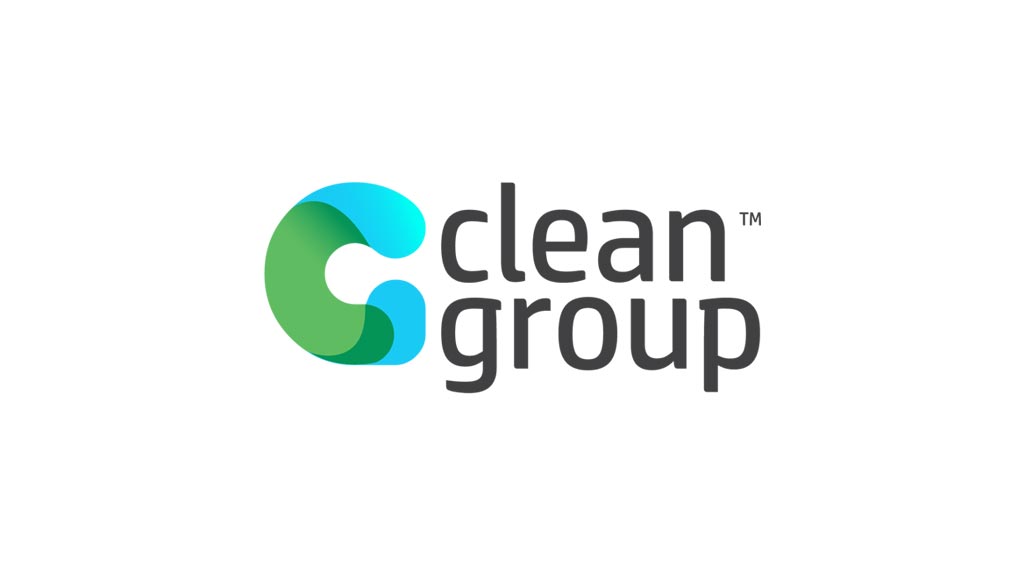You can read here many helpful articles related to commercial cleaning, latest cleaning news in Australia, including how to find and hire the best cleaners in your budget, how to train a commercial cleaner, why hire a cleaner over doing it yourself, cleaning tips for a specific area like supermarket, retail store, data centre, pub & restaurants, hospitals, factories, buildings, and more.

Important Tips for Maintaining Proper Sanitation in a Workplace Building
Cleanliness is essential, a clean environment makes people positive and happy. Even if the first impression is kept aside, health...
How Disinfection Services Can Make Your Premise Covid-19 Free in Sydney
Coronavirus (Covid-19) has been among us for the last two years. Governments of different countries are trying their best and...
The Role of PPE in Infection Prevention and Control
An outbreak of the novel coronavirus disease now named COVID-19 was initially observed in mid-December 2019 from a seafood market...
What Is Sanitisation and Why Is It So Important?
Whether it is an office, manufacturing plant, home, or even health care centre, maintaining a higher standard of cleaning has...
Covid-19 Infection Control Training Faqs & Answers
Cleaning was never a straightforward job, and now during the time of a pandemic, the role of cleaning and cleaners...
Covid-19 Infection Control Training in Sydney (Keep You Safe at Work)
Australia was already reeling under disasters in early 2020, Australia recorded its first death from the COVID-19 pandemic. Since then...
COVID-19 Cleaning & Disinfecting in Sydney? (How to Disinfect Workplace Surfaces)
COVID (Coronavirus Disease) is a disease caused by the SARS-CoV-2 virus or commonly known as the coronavirus. As many studies...
What Is the Most Effective Method of Sanitising for Covid-19?
COVID is a very real threat, not just to people but also to businesses and companies. As seen in the...
How to Choose a COVID Disinfection Cleaning Company in Sydney?
Covid-19 has brought a huge demand in cleaning, cleaning products, and services. As the pandemic is still very active and...
Frequently Asked Questions About COVID-19 Sanitising Cleaning in Sydney
The appearance of the pandemic has set new directions and ways of cleaning. The cleaning in Sydney today is not...
Place of Worship Cleaning Guide – A Comprehensive Guide to Church Cleaning
A Comprehensive Guide to Worship Cleaning When it comes to cleanliness, every day the government announces some new programs and...
Everything you need to know about NDIS cleaning in Sydney, NSW
Everything you need to know about NDIS cleaning in Sydney, NSW The National Disability Insurance (NDIS) program was established to...
Fitness Center Cleaning Guide – A Comprehensive Guide to Gym Cleaning
A Comprehensive Guide to Gym Cleaning People go to gyms to burn calories, increase their strength, and improve their health...
Cleaning Guide – Everything You Need To Know About Cleaning
People these days are counting on professional cleaners due to the pandemic situation and due to the rise of delta...
10 Reasons to Choose Cleaning Services In Sydney
Commercial places are the messiest and uncleaned places and need more cleaning than residential places. This is because the accumulation...Contact Us
Do you wish your cleaners were more forthcoming and had a positive